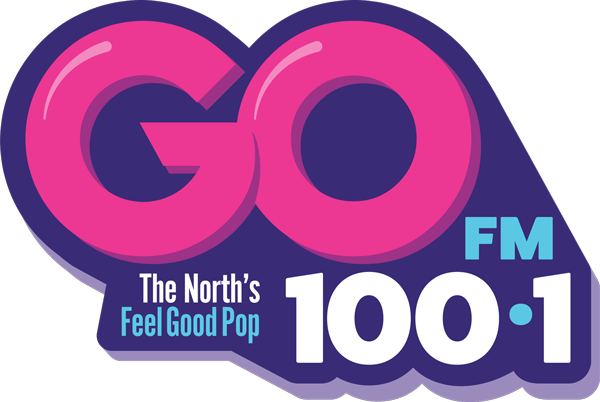The Government of the Northwest Territories is currently accepting funding proposals for the Early Childhood Infrastructure Fund for the fiscal year 2024-2025. The fund aids projects that preserve or enhance the infrastructure of existing licensed centre-based childcare spaces or establish new ones.
The Government of the Northwest Territories (GNWT) signed the Canada-NWT Canada-wide Early Learning and Child Care Agreement in December 2021. The agreement established an approach for Canada to achieve a nationwide early learning and childcare system and outlines key goals to transform the system across the country. These goals include addressing affordability, improving access, and supporting the childcare workforce.
In May 2024, the agreement was amended to provide funding for creating new childcare spaces for children from birth to five years of age to support the development of early learning and childcare infrastructure in the NWT.
Communities with limited or no early learning and childcare programs will receive priority for funding. Regional Early Childhood Consultants collaborate with licensed early learning and child care programs and organizations interested in opening new licensed programs to confirm community needs for these programs.
Families typically enroll their child in a licensed program when they need to return to work after parental leave, often when the child is about 12 to 18 months old. When a child reaches four years old by December 31 of the school year, families have the option to enroll them in junior kindergarten or continue their enrollment in a licensed early learning and child care program until they enter Grade 1 or turn six by December 31 of that school year.
The availability of licensed early learning and child care programs varies across communities, with 14 communities in the NWT lacking such services.
A variety of programs and supports are available beyond licensed early learning and childcare programs to meet the childcare needs of families. These include unlicensed family day homes for up to four children, out-of-school programs such as after-school clubs, and community-based initiatives like ‘Family & Tots’ groups.
Junior kindergarten and kindergarten programs are available in schools, offering both half-day and full-day options. In the 2023-2024 school year, a total of 1,034 children were enrolled in these classes across the territory. Families can also arrange childcare at home with a nanny, a family member, or by staying home themselves.
Organizations that are eligible for funding includes licensed center-based early learning and childcare programs, Indigenous governments, non-profit entities, community-based initiatives, and educational institutions.
For the fiscal year 2024-2025, the total budget allocation is around $5.9 million. The funding awarded to applicants will be based on the individual proposals and the funding available.
The volume of applications received will dictate the number of new facilities launched due to this infrastructure funding, the costs associated with each, and whether the newly licensed facilities is a new build or will operate out of existing infrastructure.
The NWT’s Action Plan is committed to creating 300 new licensed early learning and childcare spaces by March 31, 2026. By March 31, 2024, there were already 76 new full-time licensed spaces for infants and preschoolers contributing to this goal.
Applications are welcomed on an ongoing basis and will be evaluated during designated intake periods: August 1, 2024, and October 1, 2024, for the 2024-2025 and 2025-2026 funding cycles, and February 1, 2025, and May 1, 2025, for the 2025-2026 funding cycle.
The total estimated investment in the NWT’s early learning and childcare system through the GNWT budget and the Canada-wide agreements is expected to reach $119.5 million between 2021-22 to 2025-26.








